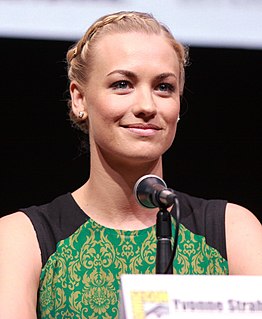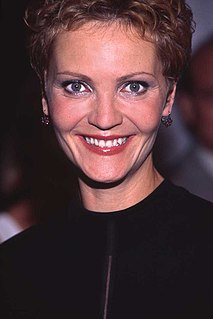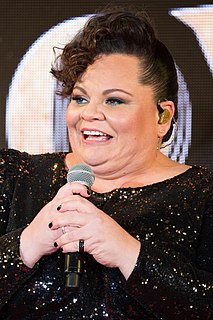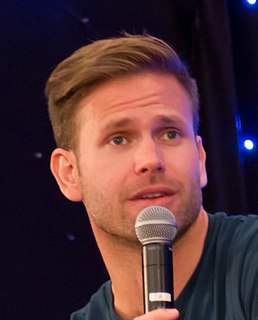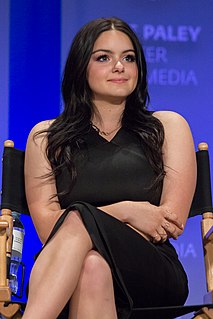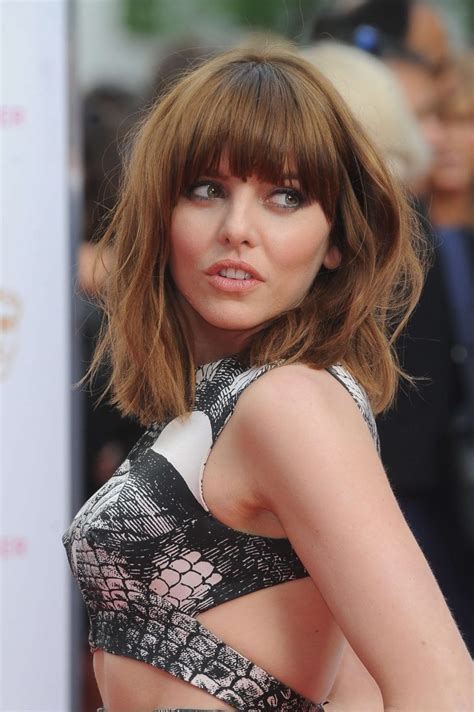A Quote by Yvonne Strahovski
Whether it is television or film, the character on the page has to speak to me.
Related Quotes
Plays are literature: the word, the idea. Film is much more like the form in which we dream - in action and images (Television is furniture). I think a great play can only be a play. It fits the stage better than it fits the screen. Some stories insist on being film, can't be contained on stage. In the end, all writing serves to answer the same question: Why are we alive? And the form the question takes - play, film, novel - is dictated, I suppose, by whether its story is driven by character or place.
If I can drive down the road in my car and listen to XM satellite, and when a song gets beamed into my car, it can tell me who wrote the song and what the damn lyrics are, why, when you broadcast a digital signal of a film, can't it speak to your television to set up a list of settings to show the film in the way that it was meant to be shown?
